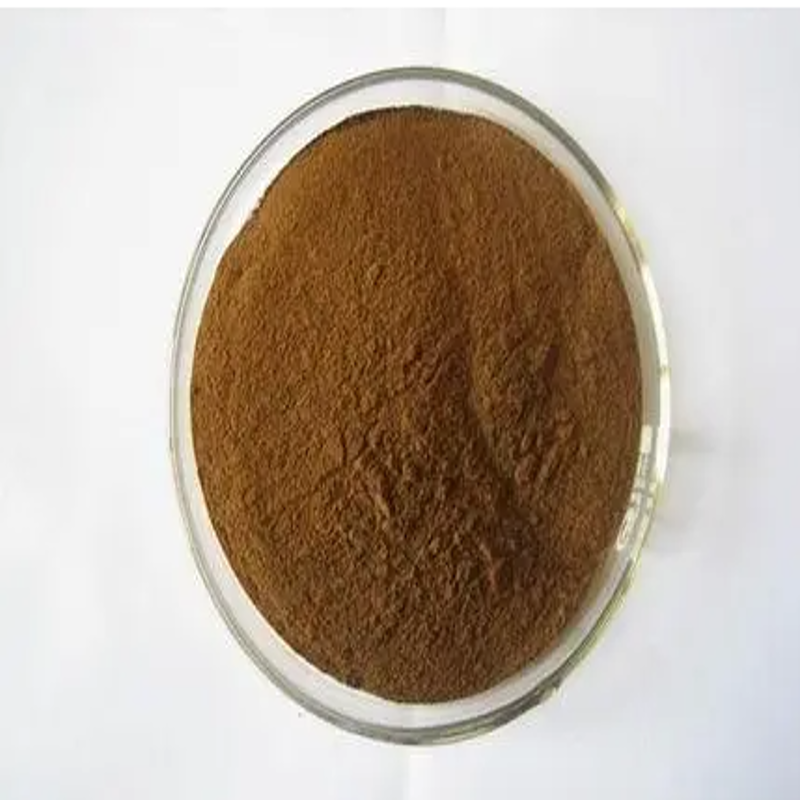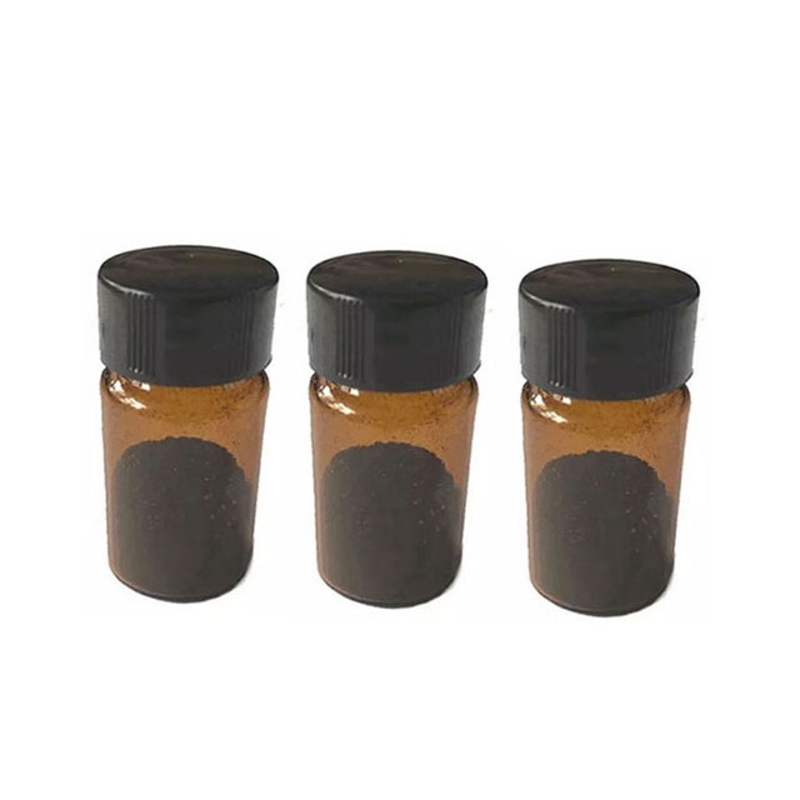-
Categories
-
Pharmaceutical Intermediates
-
Active Pharmaceutical Ingredients
-
Food Additives
- Industrial Coatings
- Agrochemicals
- Dyes and Pigments
- Surfactant
- Flavors and Fragrances
- Chemical Reagents
- Catalyst and Auxiliary
- Natural Products
- Inorganic Chemistry
-
Organic Chemistry
-
Biochemical Engineering
- Analytical Chemistry
- Cosmetic Ingredient
-
Pharmaceutical Intermediates
Promotion
ECHEMI Mall
Wholesale
Weekly Price
Exhibition
News
-
Trade Service
A Japanese population study showed that eating peanuts can reduce the risk of ischemic stroke and cardiovascular disease
However, eating peanuts does not reduce the risk of hemorrhagic stroke or ischemic heart disease
Even adding a small amount of peanuts (4-5 peanuts per day) in your diet can prevent ischemic stroke and cardiovascular disease
Asian men and women living in Japan who eat peanuts (average 4-5 peanuts/day) have a lower risk of ischemic stroke or cardiovascular disease events compared to those who did not eat peanuts, according to the latest study published in Stroke, Stroke in the United States Association, a division of the American Heart Association
Although previous studies have shown that eating peanuts can improve the cardiovascular health of Americans, in this study, researchers specifically studied the relationship between eating peanuts and different types of strokes (ischemic and hemorrhagic) and cardiovascular health among Japanese men and women.
Eating peanuts can reduce the risk of ischemic stroke and cardiovascular disease in Asians
"We have shown for the first time that the risk of ischemic stroke is reduced and the incidence of peanut consumption is higher in Asian populations," said the lead study author Satoyo Ikehara, Ph.
Peanuts are rich in nutrients that are beneficial to heart health, such as "monounsaturated fatty acids, polyunsaturated fatty acids, minerals, vitamins and dietary fiber, which help reduce the risk of cardiovascular disease and reduce risk factors, including high blood pressure and high blood pressure.
Researchers investigated the relationship between how often people report eating peanuts and the occurrence of stroke and cardiovascular disease
The incidence of stroke and ischemic heart disease was determined by contacting 78 participating hospitals in the study area
The researchers adjusted other health conditions, such as smoking, eating, drinking, and physical activity, as detailed by the questionnaire participants
The intake of peanuts is sorted by a quarter, with 0 peanuts per day being the least, and 4.
Reduce the risk of ischemic stroke by 20%;
A 16% reduction in overall stroke risk; and
Reduce the risk of cardiovascular disease (including stroke and ischemic heart disease) by 13%
There is no significant association between eating peanuts and a lower risk of hemorrhagic stroke or ischemic heart disease
Among men and women, the link between eating peanuts and reducing the risk of stroke and cardiovascular disease is consistent
Ikehara said: "Although the study participants ate very few peanuts, the study found that eating peanuts has a beneficial effect on the risk of stroke, especially ischemic stroke
.
" "The habit of eating peanuts and nuts is still uncommon in Asian countries.
However, even adding a small amount of vitamins to the diet may be a simple and effective way to reduce the risk of cardiovascular disease
.
"
The American Heart Association recommends eating about five servings of unsalted nuts a week; one serving is 1 ounce (2 tablespoons) of nuts
.
In addition to peanuts, the association also stated that other healthy nut options include unsalted cashews, walnuts, pecans, macadamia nuts and hazelnuts
.
Some limitations were noted in the study, including the validity and reliability of peanut consumption measurements in data collection and analysis
.
Deviations caused by these measurements can lead to errors in the correlation
.
However, a measurement error correction analysis was performed to prove that the correlation is accurate
.
Original search:
"Peanut consumption and risk of stroke and ischemic heart disease in Japanese men and women: the JPHC study" 9 September 2021, Stroke .
DOI: 10.
1161/STROKEAHA.
120.
031212







